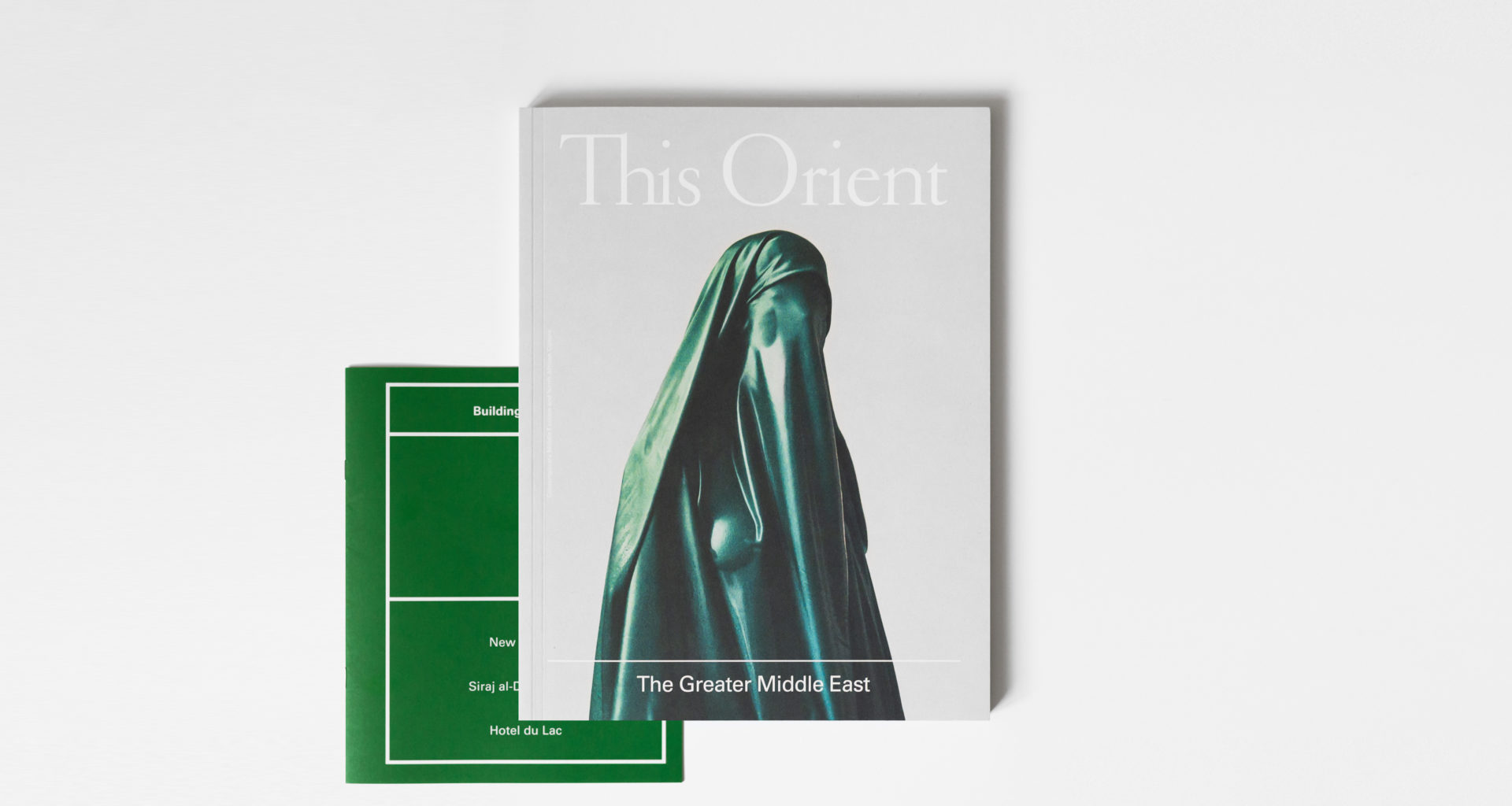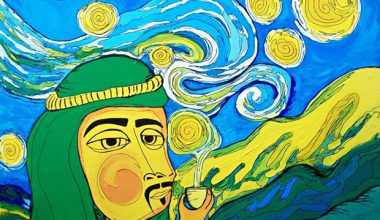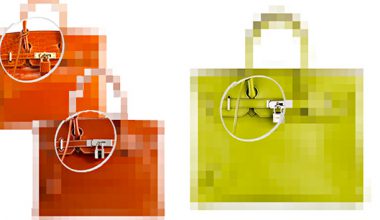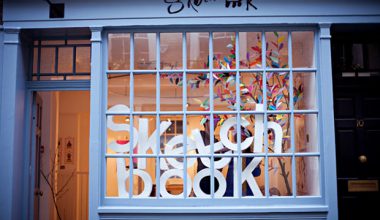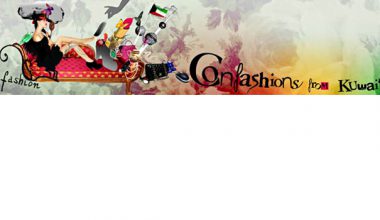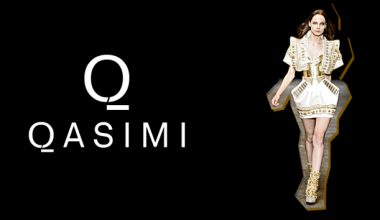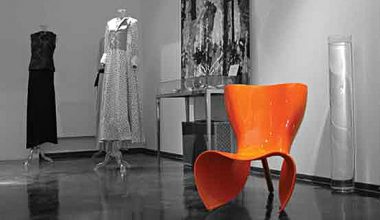The Khaleejesque team continually ponders with the barrage of research, commercial trends, and click bait articles that have called ‘time of death’ on our respective field of publishing. With our collected knowledge, network, and experience in what is seemingly a “dying field,” we set to formulate our own research more focused on the MENA publishing scene on a global scale—namely, niche and independent publishing platforms, whether print or online, founded and staffed by young Arabs and Muslims from around the world.
As a platform that strives to amplify the voices of creatives and activists alike, we are dedicated to sharing our findings on a burgeoning field amongst creatives of the MENA region and beyond. As traditional publishing houses increasingly diminish, these independent platforms are paving the way for a new movement—heralding a cultural paradigm shift towards an egalitarian voice in publishing far from the constraints of traditional print and online media.
As a result, we’ve published a MENA Indie Zines and Platforms feature which can be accessed here.
In addition we’ve reached out to individual Zines who have shared with us their intricate workings and their missions and visions for their platform.
On behalf of This Orient, Marouane Ben Belfort (Editor-in-Chief and Founder) has answered below.
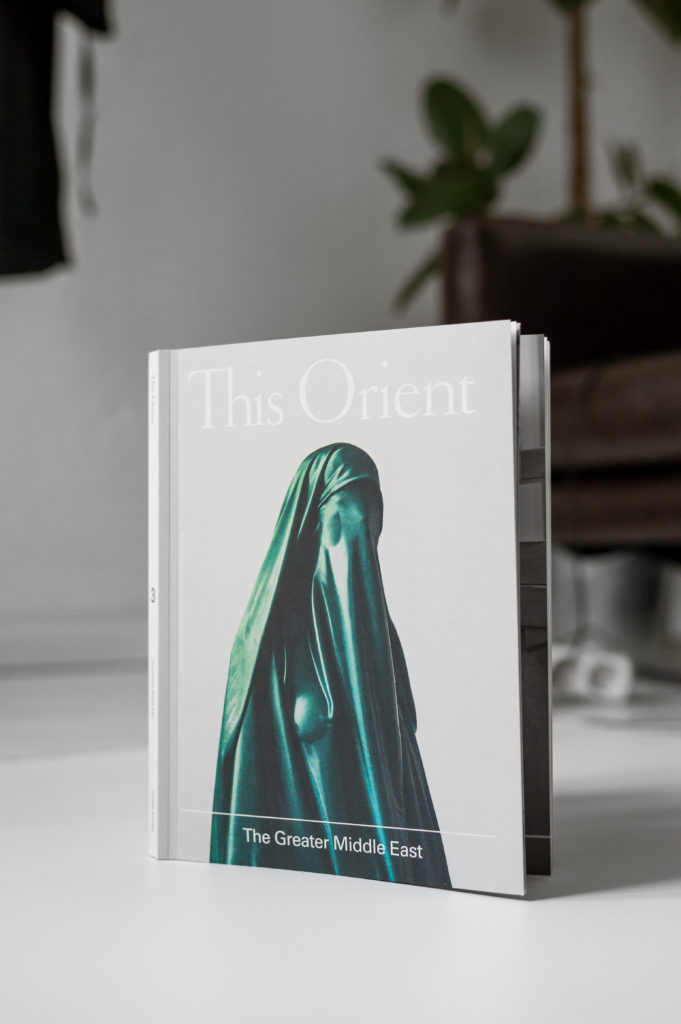
- About the Platform:
I am mainly an architect working in the same field. But architecture is very diverse in the sense of its output and input. Myself, as well as the team, work with different mediums in order to create something, of which graphics and writing are an integral part. What brought me to this publication is my love for physical goods, for the haptic sense of paper and the love for timeless things — and for things with value that last longer (contrary to the fast-paced virtual experience on the web). I want to share artists from the MENA region with people in the West and vice versa.
It is interesting and essential to have this exchange. My personal background, half Tunisian and half-German, drives me to make that exchange possible. I find topics that further engage or delve into what brings immigrating artists from various disciplines to Europe or the US, or Europeans to North Africa, very interesting. While this is an interest of mine, it’s not the focus of my publication, which targets more niche, personal interests that we want to explore. There are AMPLE publications constantly pushing artists from everywhere (mainly the West)—I just wanted to focus on artists with a background in the MENA region. So it is more about a more precise focus on the selection of creatives I choose.
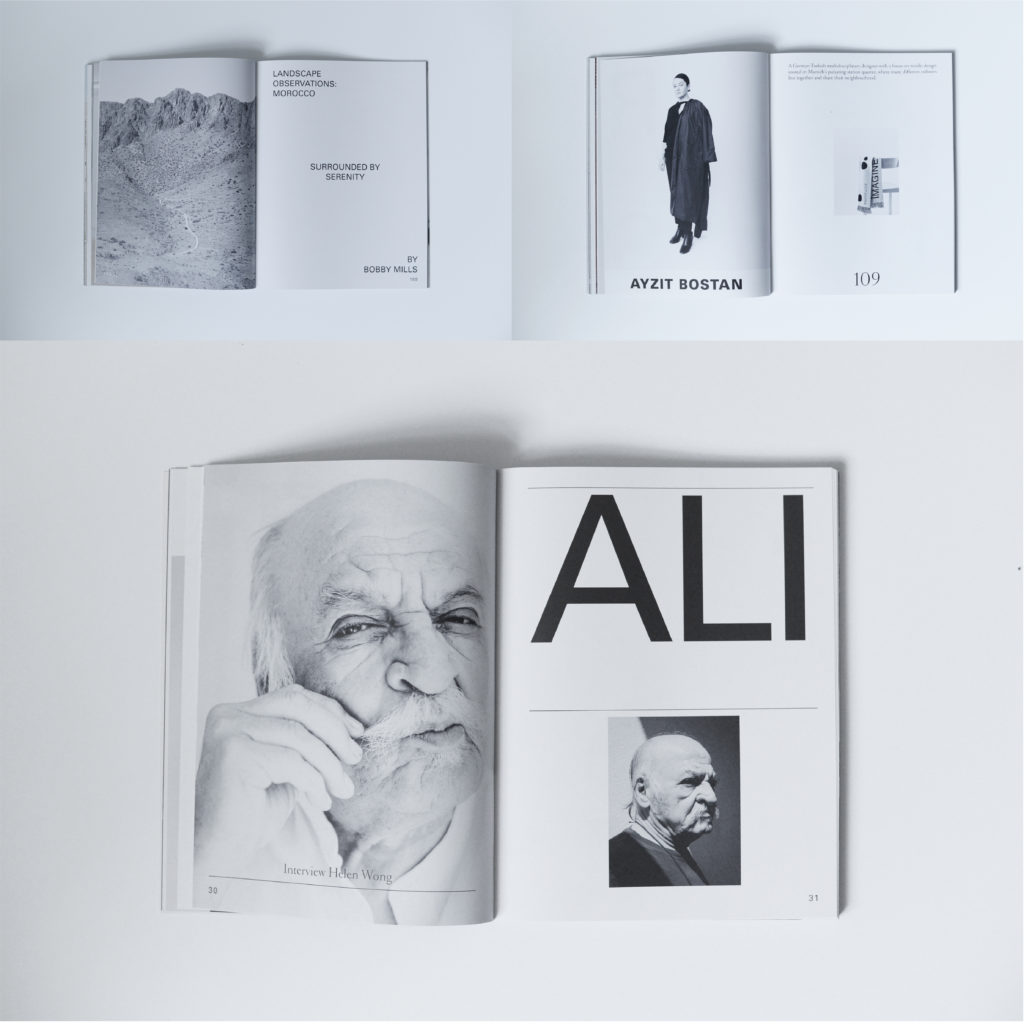
- Content: what is your publication concerned with and what kind of content does it feature?
This Orient gives an insight into the Greater Middle Eastern art scene. The richness of specialities, the pure potential and authenticity of Middle Eastern and North African regions needs to be explored and shared with the world. We want to share what already exists, yet is still waiting to be explored. The name This Orient implies the idea of a space no matter if physical or not, where one feels free to express themselves. Architecture, its residents, their art: We visit artists at their studio and, or home to explore their art.
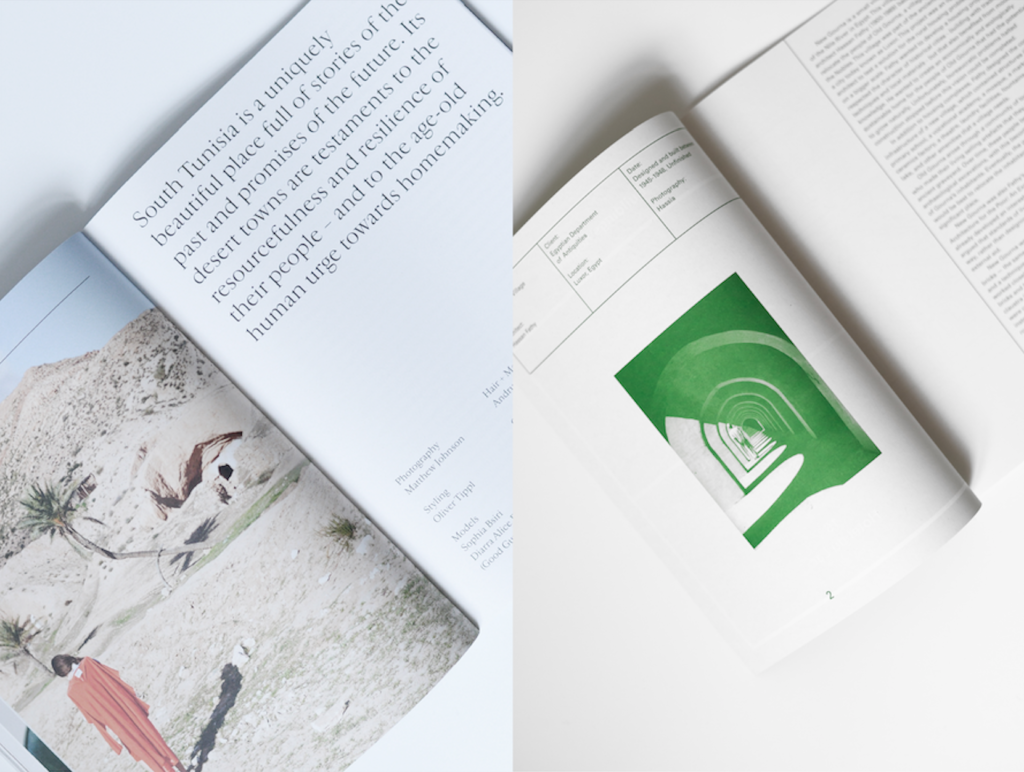
- The team behind the platform:
For each issue we search for new contributors such as photographers and editors to get new input and insights. We work with a graphic design office in London who does the publication design. The team is mainly out of freelancers based across the globe. I do the research for the topic of an issue by myself and also the selection of the contributors.
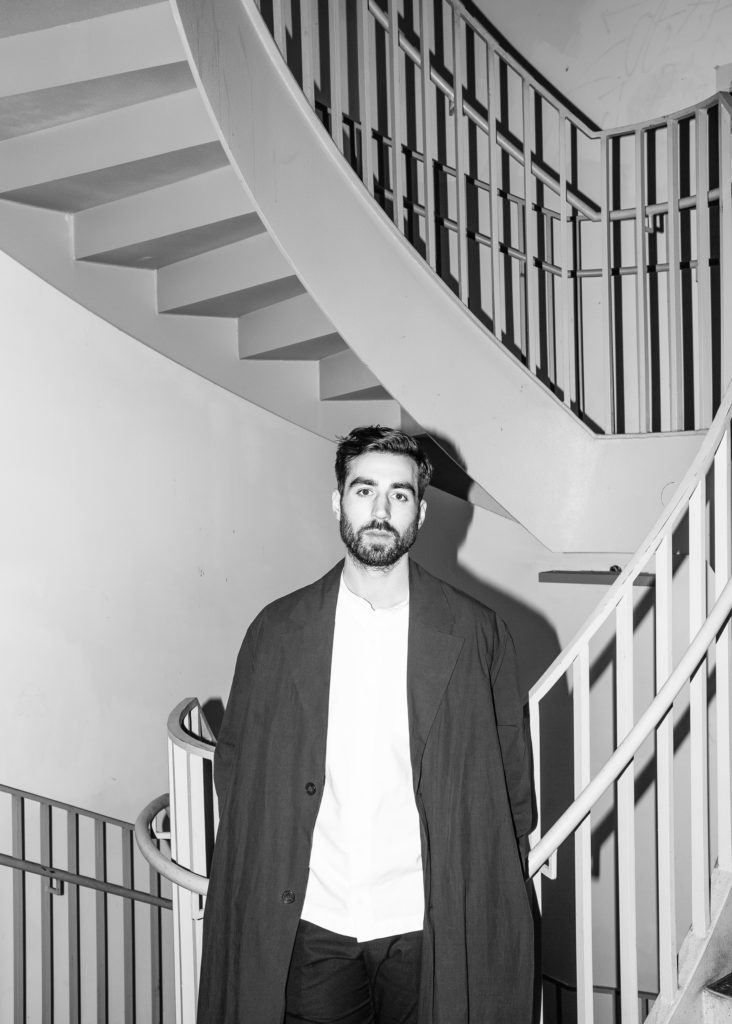
- Work Space:
Depends on the story. For example for one story in the Tunisian desert some of team met there (coming from New York, London, Munich and Paris). When it is about a portrait or a studio visit in Iran or Morocco for example, we send the photographer there and the editor does the interview via Skype for instance. But the main communication works through mail and phone.
I am based in Berlin, Germany, so the publication and office is based there. But the people working for it are based everywhere. In these times the physical presence at one spot is not that important anymore. On the contrary: it could be an advantage.
thisorient.com
twitter.com/this_orient_com
instagram.com/thisorient_com
Images courtesy of This Orient.

